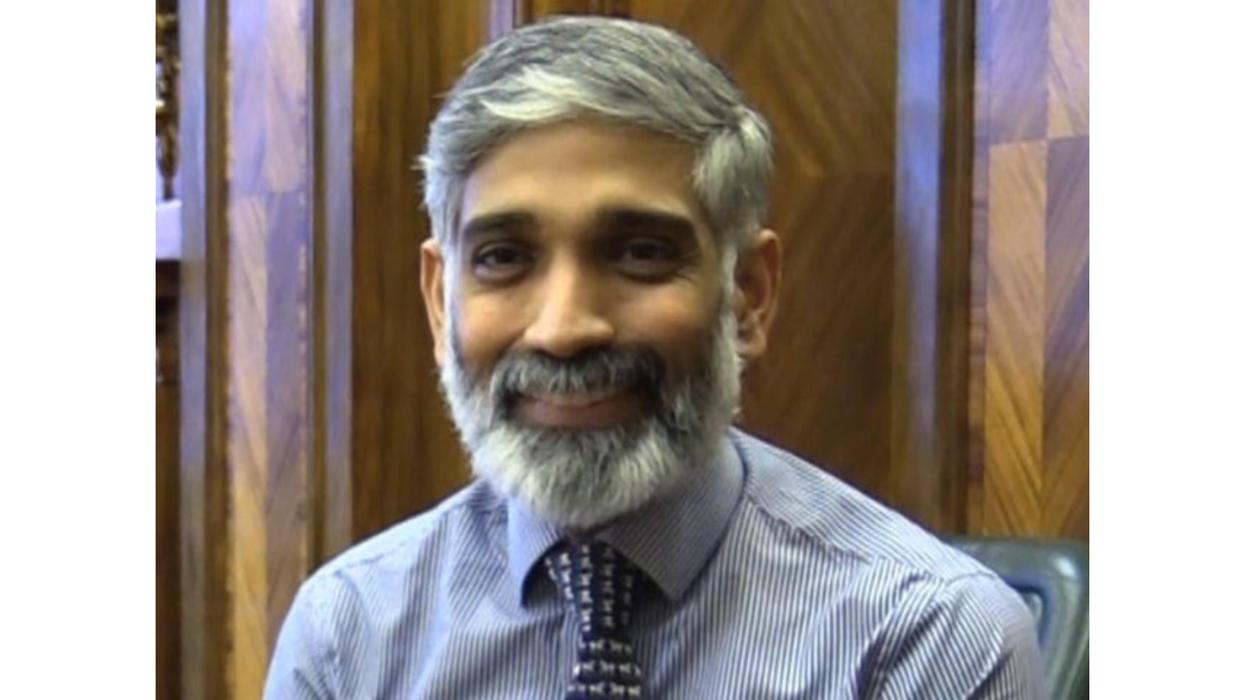The UK government has launched a new campaign aimed at increasing organ donation rates within black, Asian and minority ethnic (BAME) communities by raising awareness and breaking down barriers to donation.
According to a new report released earlier this week, only 7 per cent of donors last year were from BAME backgrounds, with Indians accounting for just 1.9 per cent of the NHS Organ Donation Register (ODR).
The report found that 21 per cent of people who died on the organ donation waiting list in the UK last year were from a BAME background, compared with 15 per cent a decade ago. Family refusal continues to be the biggest obstacle to organ donation among the UK's Asian communities, it noted.
"The government, MPs, faith leaders, charities, campaigners, influencers, friends and families all have a role to play to address myths and barriers and bring attention to the lifesaving power of donation," said UK health minister Jackie Doyle-Price.
The latest drive to encourage more people from Asian communities to sign up to the ODR will be delivered by NHS Blood and Transplant, with support from the National BAME Transplant Alliance (NBTA).
Anthony Clarkson from NHS Blood and Transplant said: "While it is encouraging that more black, Asian and ethnic minority families are supporting donation making more lifesaving transplants possible change is not happening fast enough and too many lives are being lost.
"Although many black, Asian and ethnic minority patients are able to receive a transplant from a white donor, others may die if there is no donor from their own community."
The report highlights data and case studies from four other countries, including India, the US, Israel, and Qatar to show that attempts to counter cultural and religious barriers to organ donation are having some impact. Faith-based public education campaigns and donor recognition initiatives have played a vital role in improving organ donation rates in India, it found.












